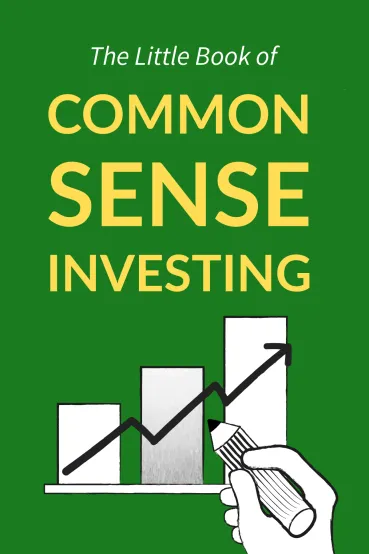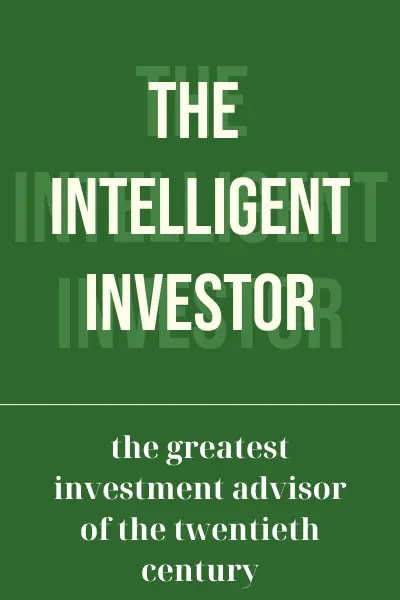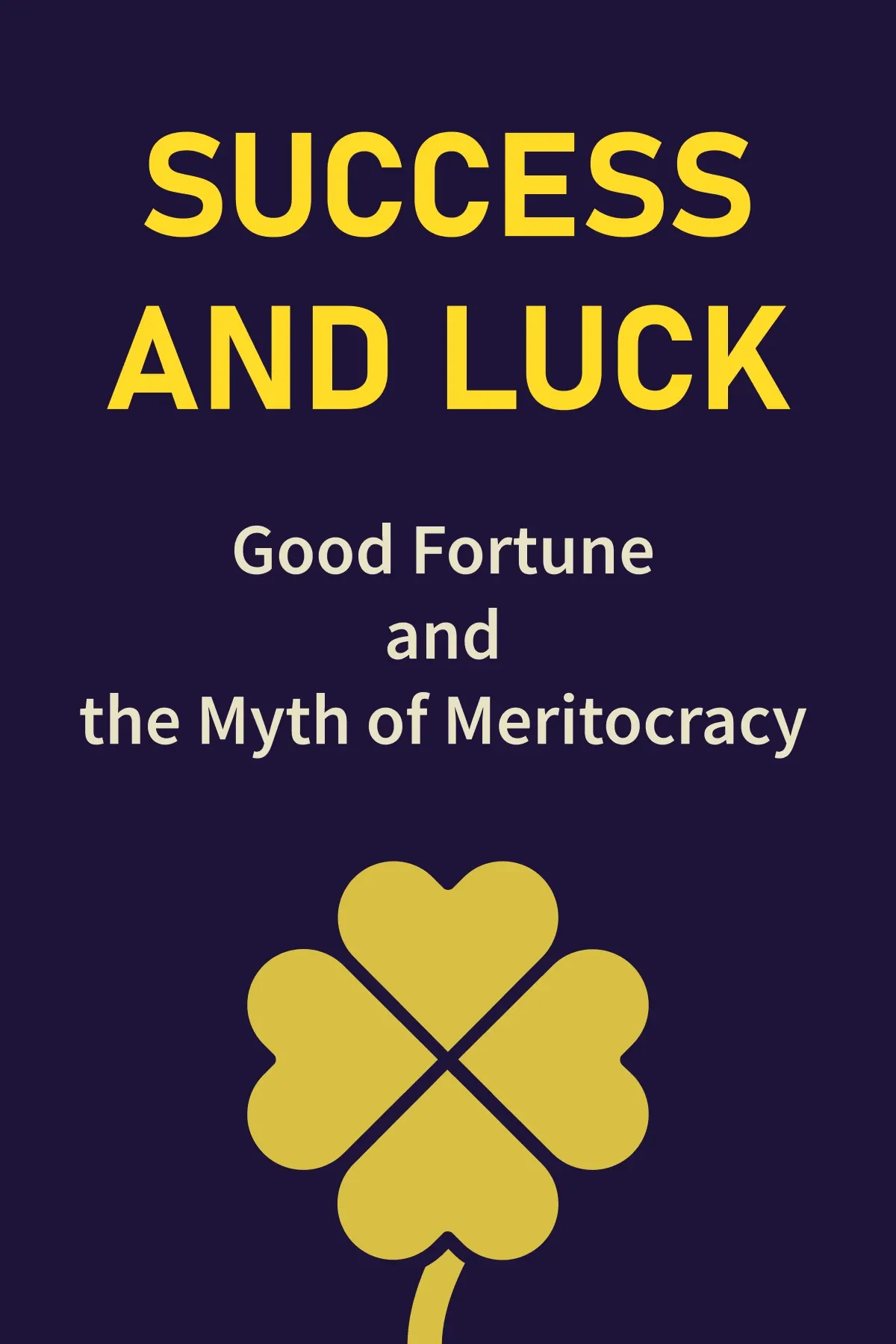
The Little Book of Common Sense Investing
Brief Summary
John Bogle’s “The Little Book of Common Sense Investing” can easily be called a treasure trove of financial wisdom. Bogle, the founder of Vanguard, shares his insights into index investing and how it can help you achieve your financial goals. Thick with wisdom and advice, “The Little Book of Common Sense Investing” is a must-read for anyone looking to navigate the complex world of investments with a simple, effective strategy.
Topics
Key points
Key idea 1 of 8
If you have ever been interested in the world of investments, you’ve heard it all before. Everyone constantly tells us to hustle, trade, tweak, and chase the next big thing. But what if the smartest move is to stop playing that high-stakes game altogether? What if the key to financial success is not to outsmart the market, but to step back, keep it simple, and change your game?
That’s exactly what John C. Bogle, founder of Vanguard and creator of the first index fund, believed. Bogle explains a counterintuitive truth: the harder most people try to beat the market, the worse they actually do. This happens because chasing hot stocks, timing trades, and paying steep fees usually benefits one group only: financial middlemen. Just like in a casino, the house always wins.
Bogle offers a simple alternative: buy an index fund and hold it. Forever. No flashy strategies, no guessing games. Index funds are low-cost, tax-efficient, and give you a piece of the entire stock market. By owning everything, you reduce your risk, and by avoiding constant trades and high fees, you let the magic of compounding do its quiet, powerful work. Let’s consider a simple example. Imagine you invest just $1 and let it grow at 9.5% annually. In 50 years, it will turn into over $90. No tricks. Just time.
A wealthy family, the Gotrocks, owned every stock in the country. Their wealth grew steadily until brokers and advisors promised they could make even more by trading. But these “helpers” charged fees and made costly trades, slowing down the family’s growth. Eventually, a wise uncle stepped in and told them to stop. Own it all. Stay the course. That’s when their fortune turned around.
That’s what index funds do. Even legendary investor Warren Buffett agrees. “Returns decrease as motion increases,” he said. This basically means that the more you trade, the less you earn. Meanwhile, index funds quietly deliver consistent, long-term results. And more importantly, with less stress, risk, and cost.
FAQ
You may also like these summaries










